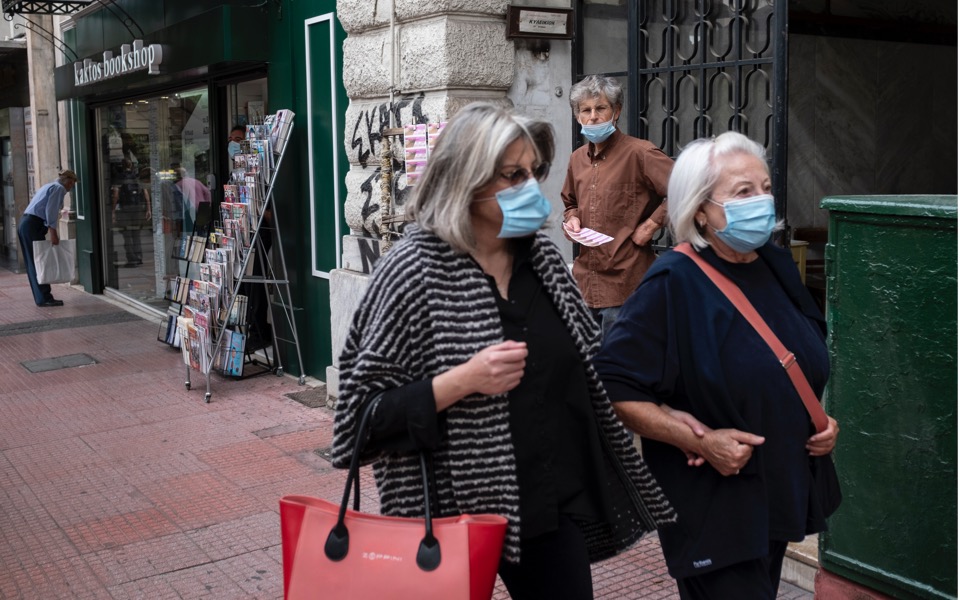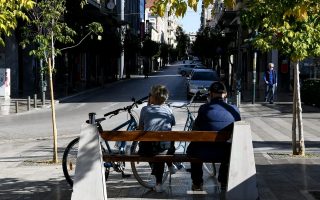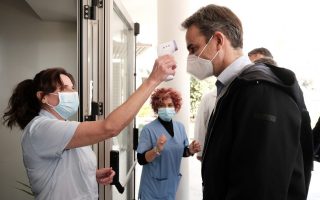Fight against Covid-19 at critical juncture

The most recent findings of the committee of experts regarding the course of the pandemic have created mixed emotions in the government and an opaque landscape regarding the time and manner it will begin lifting the lockdown.
The committee's findings, which were presented to the government on Friday, did indeed show that the pandemic's relentless course was starting to abate, and in particular the reproduction rate, or Rt index, but not at the expected pace, especially as the country has completed three weeks under severely restrictive measures.
The assessment of the experts is that a portion of the population is not effectively implementing precautionary measures, while the transmission of the virus continues from younger to older people.
Accordingly, the Rt on Friday started at 0.68 in Attica, at 0.85 in Thessaloniki, at 0.75 in northern Greece and at 0.84 in southern Greece. At the same time, however, upward trends were recorded in Patra, Aitoloakarnania and Ilia in southern Greece.
In any case, given the existing data, all the approaches regarding the time of normalization of the situation have been revised, with the plans for the start of the lockdown easing being pushed back by at least a week.
Given the slowing pace, a substantial reduction in ICU and hospital admissions is expected as of next week, but not immediately.
The relevant announcements regarding the easing of measures are expected by the end of this week, when the epidemiological picture will be clearer. However, the government will tread with extreme caution.
According to the associates of Premier Kyriakos Mitsotakis, "his priority is the protection of human life," as the government and health authorities deem a "hasty" lifting of the restrictive measures would lead to another surge, possibly even more acute, in January.
One scenario on the table is for the gradual lifting of the lockdown in two phases. That is, to start with the less burdened regions and to follow with the rest of the country, when the epidemiological load is reduced there as well.
Meanwhile, the government has begun preparations for the arrival of the vaccine, so that by the end of spring the worst of the pandemic will be well and truly behind the country. However, it has not gone unnoticed that current polls have shown that about 30% of the population appears reluctant to get vaccinated.





